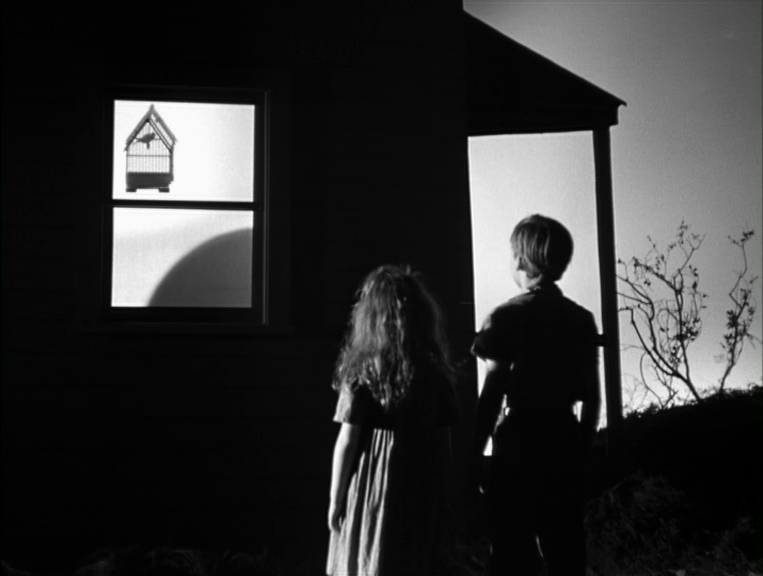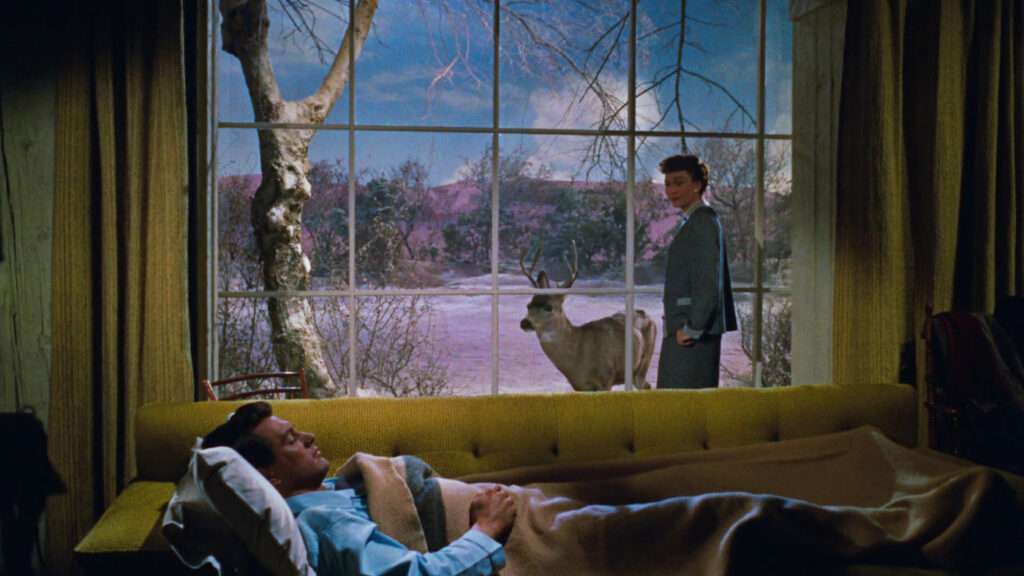In Yasujiro Ozu’s last cinematic masterpiece, “An Autumn Afternoon” (1962), Chishu Ryu delivers a performance that is both understated and profoundly moving. His character, Shuhei Hirayama, makes a poignant remark about the outcome of World War II, stating that he’s happy Japan lost the war. This comment, delivered with Ryu’s characteristic subtlety, opens a window into the complex psyche of post-war Japan and serves as a critical reflection on the path of progress and modernization the country had embarked upon.
To understand why Ryu’s character expresses relief at Japan’s defeat, it’s essential to delve into the socio-cultural context of Japan in the early 1960s. The nation was in the throes of rapid economic growth, moving away from the scars of war and the restrictions of the Allied occupation. This period, however, was not without its internal conflicts and existential contemplations, especially among the older generation who had lived through the war and its aftermath.
Japan’s Agressive Militaristic Past
Ryu’s character, Hirayama, embodies the traditional Japanese virtues of honor, family, and social harmony. His reflection on the war’s outcome is not a dismissal of national pride but rather an acknowledgment of the moral and ethical lessons learnt from Japan’s aggressive militaristic past. By admitting happiness over the loss, Hirayama implicitly recognizes the destructive path Japan was on and the ultimate futility of its wartime ambitions. This sentiment echoes a broader societal understanding that the war’s end, despite its immediate humiliation and hardship, offered Japan a chance to rebuild itself on principles of peace, democracy, and mutual respect in the global community.
A New Japan
Hirayama’s statement can be seen as a critique of the post-war economic boom. The rapid modernization and Westernization of Japan came at the cost of traditional values and lifestyles. Ozu, through Ryu’s character, mourns the erosion of the Japanese way of life, suggesting that the defeat in WWII, while bringing about undeniable suffering, also forced Japan to reassess its values and priorities. The character’s happiness stems from a belief that Japan’s loss prevented it from further moral decay and allowed for a renaissance of its core cultural identity.
Transitions
“An Autumn Afternoon” is, at its heart, a film about transitions — from traditional to modern, from youth to old age, and from wartime to peace. Chishu Ryu’s character, with his contemplative demeanor and gentle wisdom, serves as a bridge between these worlds. His happiness over Japan’s defeat in WWII is a nuanced expression of hope for a future built not on the laurels of military conquest but on the enduring values of peace, family, and community.
Conclusion
Chishu Ryu’s remark in “An Autumn Afternoon” is a powerful statement on the nature of progress and the importance of learning from the past. It reflects a deeply Japanese sentiment of finding strength and wisdom in adversity and serves as a reminder of the values that should guide societies in times of change. Ozu’s film, through Ryu’s memorable performance, offers a timeless meditation on the human condition, making it as relevant today as it was in 1962.




